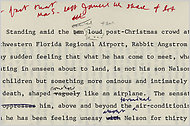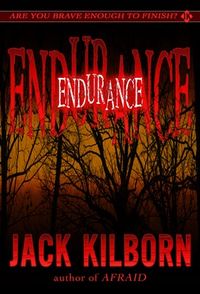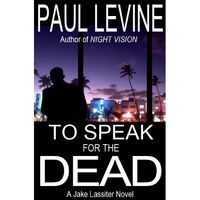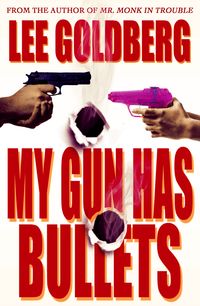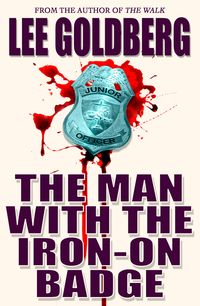There's a new interview with me up at Dr. Doug Lyle's Writer's Forensics Blog. But I should disclose that it's a biased interview…he's an old friend, he's given me medical advice on all of my books and many of my TV scripts, and he's also my doctor. Here's a brief excerpt:
DPL: What’s the hardest part of writing [tie-in novels]?
LG: Capturing the feel of the show, and the voices of the characters, while also kicking things up a notch. You have to offer the reader something more than they are getting from simply watching the show (or the reruns). It’s also difficult, particularly with a long-running series, to come up with stuff that the writers haven’t already tackled.
DPL: You have a new Monk book coming out July 3rd. What can you tell us about it?
LG: The book is MR. MONK IS CLEANED OUT and it’s the last book set before the finale of the TV series. This one is set in the midst of the current national economic crisis. The SFPD has to make draconian cutbacks to save money… so they fire Monk as a consultant. Monk figures he can live off his savings for a while. Then Natalie learns that Monk invested his money some time ago with Bob Sebes, the charismatic leader of Reinier Investments, who’s just been arrested on charges of orchestrating a massive $100 million fraud. All of Sebes’ clients, including Monk-are completely wiped out. Monk is broke…he can’t even afford to pay Natalie. So they end up taking all kinds of odd jobs. Meanwhile, when the key witness in the government’s case against Sebes is killed, Monk becomes convinced that Sebes did it, even though the man has been under house arrest with a horde of paparazzi in front of his building 24/7. I hope people have as much fun reading it as I had writing it!


